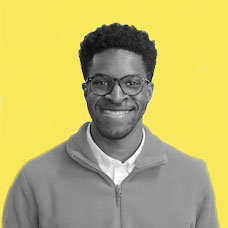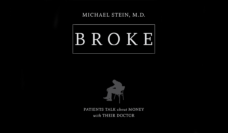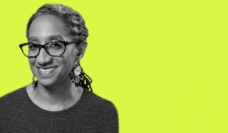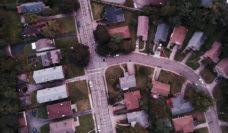Public Health Post: What is poverty, and how does it actually manifest itself in people’s lives?
Soni Gupta: Poverty is the inability to afford life’s basic needs. Poverty means people are unable to have a stable roof over their heads because they must constantly make choices between essentials such as food and things like rent. And a family that’s poor is paying the price in every conceivable way and paying that price for generations. Children in poor households are impacted from an early age, and some of those impacts are impossible to overcome.
What are some other nonfinancial burdens of poverty?
The biggest one is racism — housing itself was formed on very racist systems. We have a country that for decades kept Black households from purchasing their own homes. Black people have been unable to build generational wealth and other benefits of real estate that have benefitted white households for decades. To this day, communities of color are undervalued.
The Boston Foundation recently carried out a study with Suffolk University Law School that looked at discrimination in the rental housing market for people of color and people who had a Section 8 voucher — both classes that are protected against rental discrimination in Massachusetts. They actually did paired testing and sent out a Black and a white person, a person with a voucher and without a voucher. They found discrimination within 80-85% of those matched-paired testing.
Which challenges do you find when you’re trying to explain how poverty is linked to health for some people?
The biggest challenge is that poverty is seen as something that an individual or a household can control. It’s as if poverty is something people bring on themselves. We don’t understand the deeply engrained systems responsible for placing people in poverty and for keeping them there.
How do we move people from beyond thinking about poverty as an individual’s condition to whatever that next step is?
I think it’s really important to share the basic understanding of history and how we got to be where we are. We’ve been trying to show people how their Black Lives Matter yard sign is completely at odds with the sign right next to it opposing the housing development proposed in their municipality or their town.
How has Covid-19 changed lives?
People who weren’t close before are probably closer to poverty than they thought they might ever be. Essential workers still have to trek into work and face high rates of infection and then come back into their overcrowded homes — overcrowding being a complete and direct result of the unaffordability of rent, spreading Covid-19 further. And then also the lines at food pantries.
Yet, the federal government didn’t pass another Covid-19 support package, and our state government is doing something, but not enough. I hope we’re all recognizing that we cannot be okay with any of this and should never have been okay with it.
What does freedom look like to you?
Freedom is choices. A choice to live where I want. A choice to apply and have the job I want without being discriminated against. A choice to live in the community I want. And to know that my choices are not hampered by how I’m viewed by another person — that they’re informed only by me and my family and my household and the people who are important to me.
How do we combat generations of racist housing policies and housing practices to improve our housing market and create more equitable cities?
First, we all have to recognize these systems are still with us and we have been living within these systems. We have to be willing to upend all of these systems every step of the way and look really hard at every single program and practice to ask whether or not it promotes equity or inequity.
There’s a saying: There’s the capacity for every individual to be an activist. So, speak up. Go to your municipal or zoning meeting and speak up in support of affordable housing. Speak up in support of multifamily housing. Go and speak up and be a voice of advocacy.
Photo courtesy of Soni Gupta














